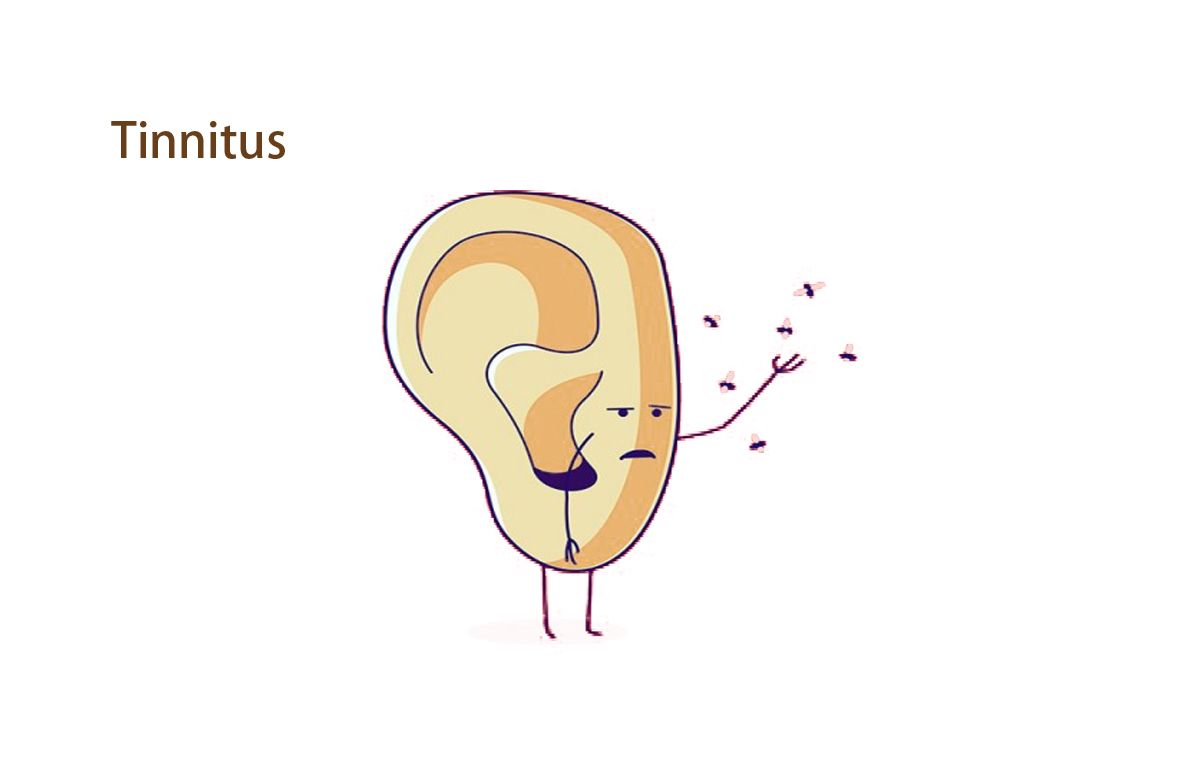- Home
- Hearing Loss
- Audiology
Tinnitus: What you Need to Know
2021-01-28 Keys to understanding that ringing, hissing, chirping and whooshing.Often referred to as ‘ringing in the ears’, tinnitus can be many different types of sound such as hissing, chirping or whooshing. This is because it is a symptom of damage or dysfunction inside the hearing system. There are many possible causes, one of which is exposure to loud noise.
Tinnitus often accompanies hearing loss
More than 80% of people with tinnitus also experience some degree of hearing loss. However, many sufferers are often unaware that they likely have issues with their hearing, even if they notice symptoms such as buzzing. Fortunately, experts can treat both conditions.
Why do our brains ‘invent’ noises that aren’t there?
Experts don’t know exactly what causes us to hear sound these phantom sounds. Many suspect that it happens when the auditory system reacts to damage by trying to compensate for missing signals. However, some people who experience tinnitus don’t have hearing loss indicating additional causes of tinnitus.
Although there is no known cure for tinnitus, these tips can bring relief:
Ensure auditory stimulation—Make sure you can hear well by adopting hearing aids if necessary. This can help to minimize the appearance of your tinnitus symptoms.
Get quality sleep—If you don’t get enough sleep, your blood circulation can be reduced, which affects both hearing loss and tinnitus. In addition, using an extra pillow to keep your head raised can reduce congestion, which can help.
Eat and drink healthily—Alcohol, cigarettes, coffee, and artificial sweeteners (such as aspartame) may all negatively contribute to hearing loss.
Importantly, how you feel has a big effect on how annoying you find tinnitus. Reducing the impact is therefore often about reducing how much you notice it.
The best first step you can take is to visit a hearing care expert.

Get effective tinnitus treatment
There are several ways to reduce your symptoms, although there is no actual cure. Some people play white noise (sound that has no discernible features) as a first step toward relief. This background noise helps to mask the phantom sounds, helping distract the brain while they fall asleep.
Increasingly, hearing aids are incorporating such technologies. Hearing care experts can program newer models to match your tinnitus symptoms, giving you a range of relief sounds to choose from whenever you need them.

Talking with experts: How can I explain my symptoms?
* We know, it’s not easy to describe noises that only you can hear. But before you visit to your primary care physician or even an an expert in hearing care, it might help you to think about:
* How long have you experienced tinnitus? Have you noticed problems hearing, too?
* What does it sound like? High- or low-pitched? Is it loud or soft?
* Does the sound change throughout the day? Does it get worse at certain times of day or locations?
* Does it worsen after drinking coffee or alcohol, or being in a noisy environment?
* Is it in both ears?
How does this happen?
The most common cause of tinnitus is damage to the sensory cells in the cochlea. This is the snail shell-like organ in the inner ear where sounds are converted into electrical signals. Damage to the hair cells here causes tinnitus and hearing loss.
However, middle ear infection, earwax build-up, inflamed blood vessels around the ear, medications and other drugs, and anxiety and stress can all cause symptoms.
Recent research suggests that there may also be a genetic basis, especially in men who have it in both ears.
Can I prevent it?
As with hearing loss, protecting your ears from noise damage is the best way to prevent tinnitus. If you are exposed to excessive noise, try to limit the length of time or move away from the source.
Latest
Audiology













All 0 comments